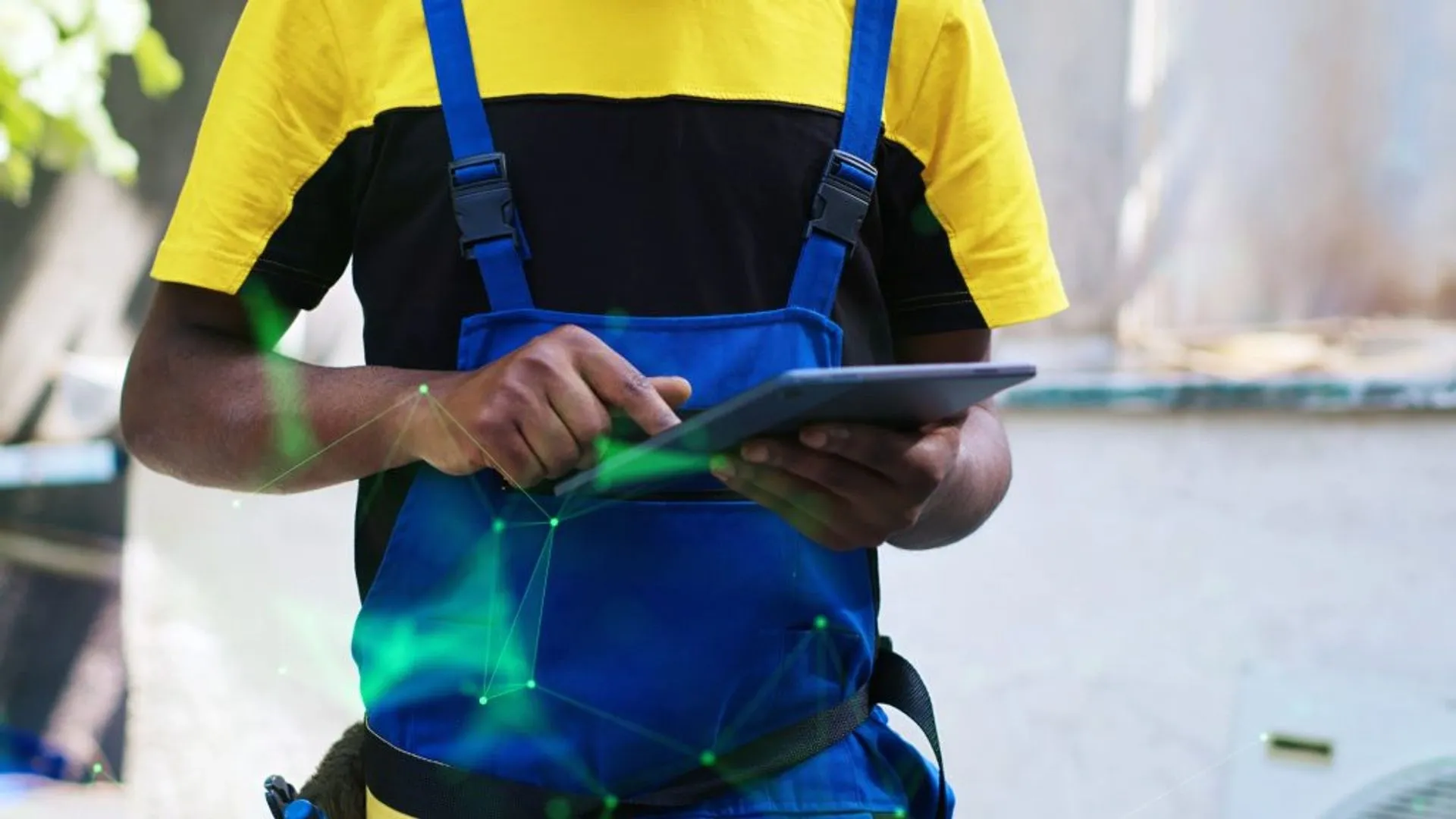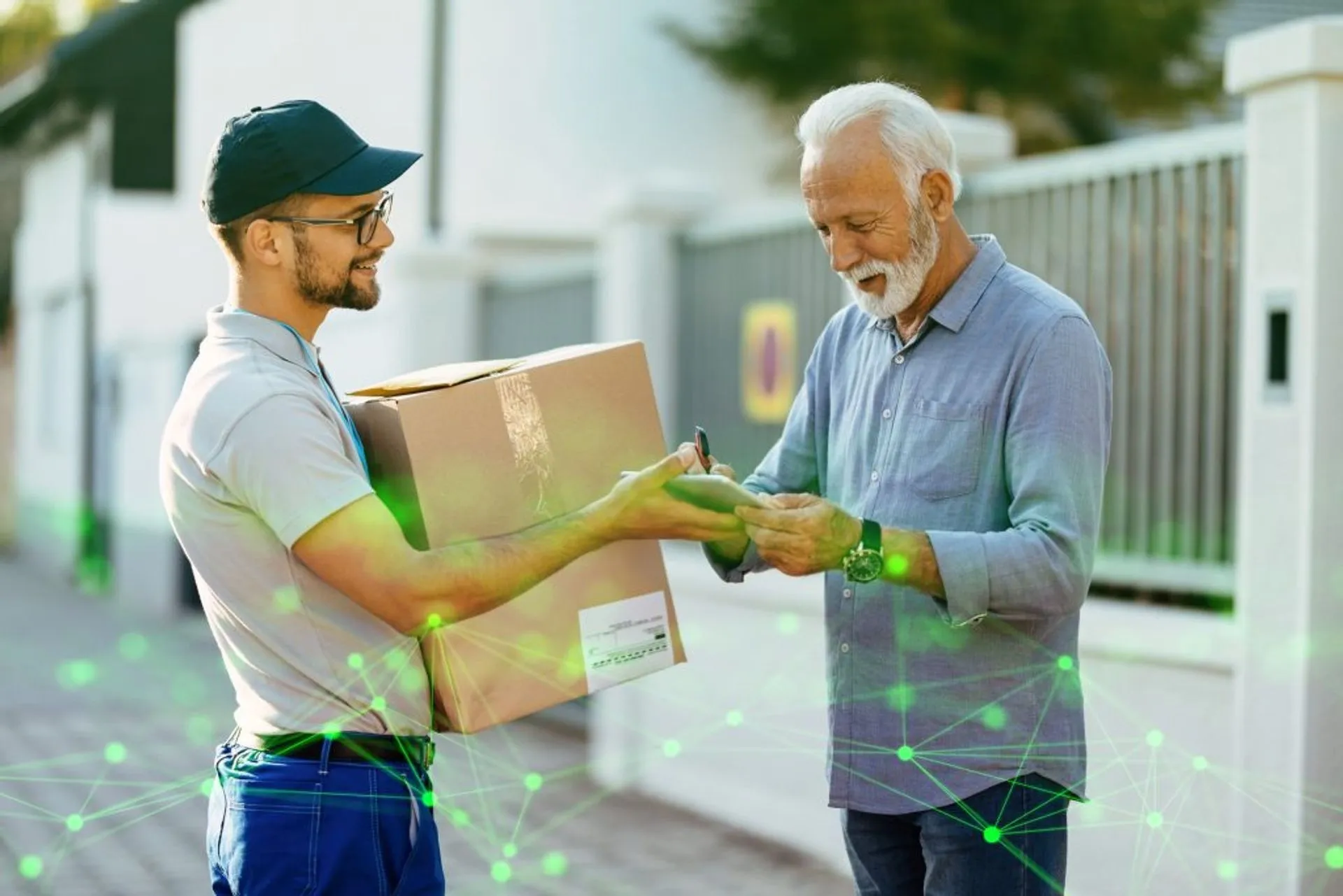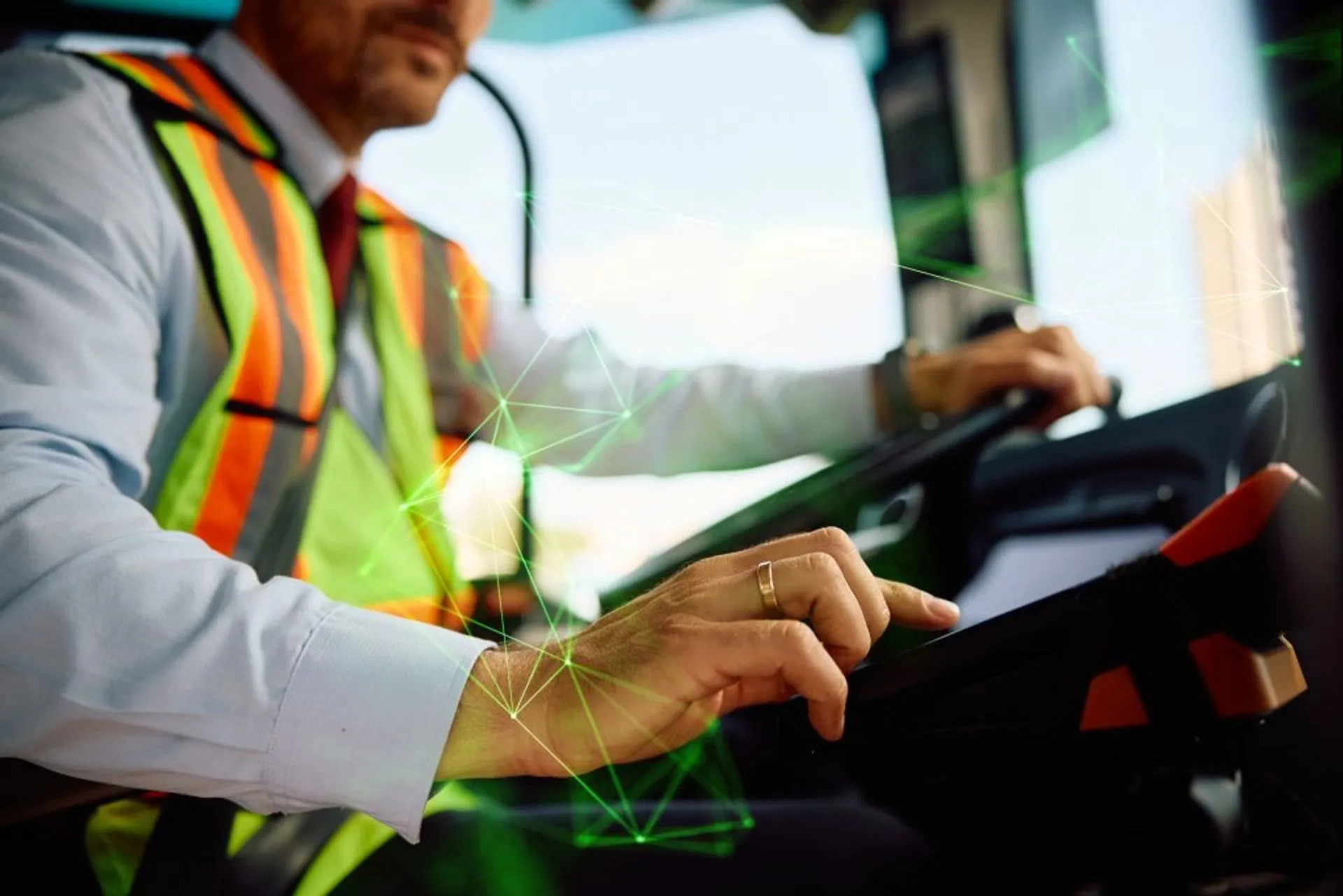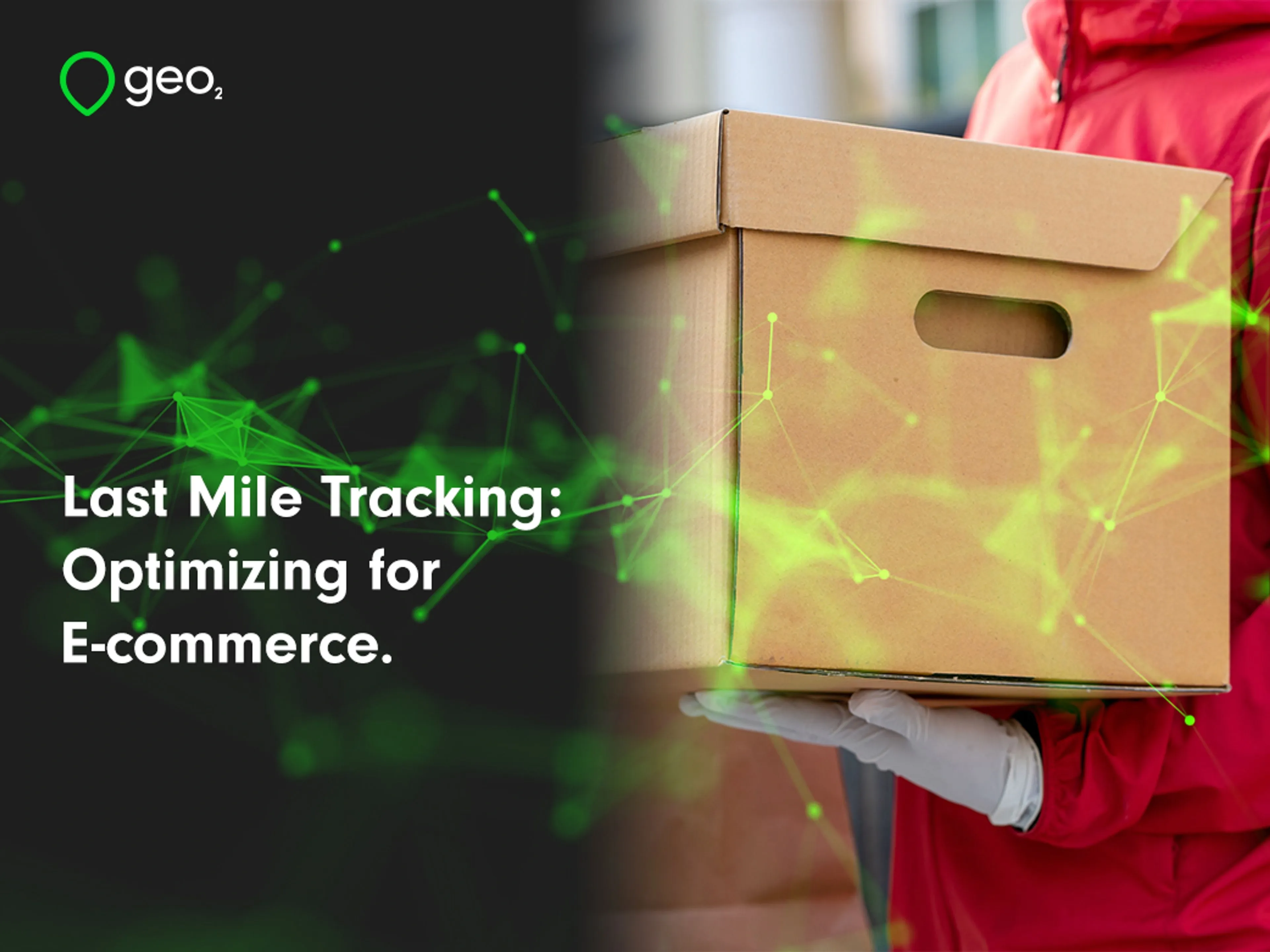The Last Mile Challenge.
Navigating the last mile of delivery presents unique challenges. Urban congestion and different delivery locations make things complicated for businesses. Plus, customers now expect faster delivery times.
These challenges often lead to higher costs for companies. These issues can significantly affect customer satisfaction and business operations, making it crucial to find effective solutions. Inefficient last mile processes can result in delayed deliveries, increased logistical costs, and ultimately, dissatisfied customers.
To tackle these challenges, businesses should invest in strong last mile tracking systems. These systems boost transparency and let companies monitor delivery routes and times. This improves efficiency.

Solutions for Last Mile Tracking.
Technological advancements have changed last mile tracking. They offer businesses tools to improve delivery operations. Real-time tracking systems give valuable insights into the delivery process. Companies can make decisions based on this data.
By using these technologies, businesses can monitor deliveries' location and status. They can give customers accurate information and realistic delivery dates.
Many companies now use GPS and postman trackers to get real-time data on deliveries. This helps ensure timely arrivals and departures.
Benefits of Last Mile Tracking.
Investing in last mile tracking systems offers many benefits. Improved delivery efficiency and accuracy are key advantages. These delivery solutions help businesses streamline operations and cut costs.
With accurate tracking, including final mile tracking, companies can optimize delivery routes and manage resources better. This reduces delays and leads to more cost-effective solutions. Customers can track your packages using a tracking number, ensuring they know the expected delivery and available delivery options.
Final mile tracking improves customer experience and satisfaction. Customers like getting timely updates about their deliveries, such as exact delivery dates and real-time location tracking. This transparency builds trust and loyalty, making businesses seem reliable and focused on customer service.

Using a TMS in Last Mile Tracking.
Transportation Management Systems (TMS) are crucial for last mile tracking. They offer a complete platform to manage and oversee deliveries, including a mobile app. TMS tools work smoothly with package tracking solutions, providing real-time information and a clear view of operations.
By centralizing tracking information, including expected delivery dates and route planning, TMS helps companies make informed decisions. They can allocate resources efficiently to ensure timely deliveries and improve customer service.
Future Trends in Last Mile Delivery.
The future of last mile tracking looks bright. New technologies like predictive analytics and machine learning are set to change the industry. Predictive analytics can forecast delivery times and optimize routes using historical data.
Meanwhile, AI and machine learning will keep improving tracking systems. They offer predictive insights and automate different parts of the delivery process. By keeping up with these trends, businesses can stay competitive and provide excellent customer experiences.

Conclusion.
In conclusion, mastering last mile tracking is key for businesses that want to succeed in today's competitive market. By investing in advanced tracking solutions, companies can make deliveries more efficient, improve customer satisfaction, and cut costs.
The future of last mile delivery tracking is promising, thanks to emerging technologies. These offer even more chances for optimization. To stay competitive, businesses need to focus on last mile tracking and keep up with industry changes.
FREQUENTLY ASKED QUESTIONS
Last mile delivery is the final step in getting a package to a customer. It involves moving a package from a transportation hub to the customer’s doorstep. This step is key in the supply chain because it affects how happy customers are with their deliveries. leads, close deals, and keep in touch to ensure customer satisfaction.
Related posts

What Does No Contact Delivery Mean? A Complete Guide.
Convenience and safety have become at the forefront of delivery, especially when it comes to food delivery. The concept of no contact delivery has become increasingly common after the COVID-19 pandemic. It offers a safer and more convenient way to enjoy your favorite meals without the need for direct interaction. Whether you're a consumer wanting a smooth experience, a food lover keen on new dishes, or a small business owner adapting to customer needs, grasping no contact delivery is key. This guide will cover its meaning, operation, benefits, and business implementation. You'll gain a thorough understanding of this service and its potential impact on the food service industry.

Everything you need to know about Last Mile Delivery.
In e-commerce and logistics, "last mile delivery" is a crucial term. It refers to the final step in the delivery process, where goods are transported from a distribution center to the end consumer. This step, while seemingly simple, is often the most complex and expensive part of the logistics chain. For e-commerce businesses, local delivery services, and transport planners, understanding and improving last mile delivery can boost efficiency, customer satisfaction, and profitability.

Last Mile Delivery Logistics for Retailers Explained
Last mile delivery is the final step in getting products from the warehouse to the customer's door. It is one of the most important parts of the supply chain because it directly impacts the customer's perspective of the brand and service. This can in turn make or break a business. For retailers and online stores looking to beat the competition and really impress their customers, understanding and mastering the ins and outs of last mile delivery is key. With an increasing number of customers expecting quick, seamless delivery, getting this part right is what sets top players apart in the industry.
